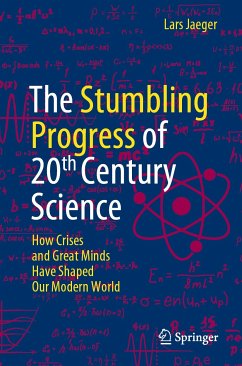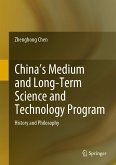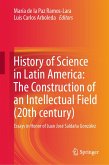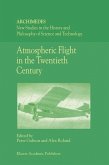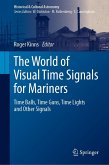The 70 years from 1880 to 1950 witnessed the final ascent of humankind into the modern age. Historically, this period is characterized by deep political, social and economic crises. However, parallel to this and much less known in the public, rational scientific thinking also experienced the darkest and deepest crisis of its own history. All the great modern scientific discoveries like quantum theory, genetics and neurology are products of this. Ground-breaking discoveries, profound crises, revolutionary thoughts, refutation of previously unshakable beliefs - these years are marked by scientific achievements of numerous great minds, who overturned our understanding of the world, of space, time and infinity, of life, logic and calculability almost overnight. The "intuitive genius" of these pioneers still forms the foundation of today's scientific thinking and technological progress. In fact, tackling and overcoming those deep scientific crises shaped our modern life like nothing else. The resulting reorientation of our understanding of nature and ourselves allowed ancient philosophical questions to appear in a new light: "What is reality?", "What can we know about the world?" or "What is man's place in nature?". The most exciting period in the history of science is retold here in an entertaining way.
Dieser Download kann aus rechtlichen Gründen nur mit Rechnungsadresse in A, B, BG, CY, CZ, D, DK, EW, E, FIN, F, GR, HR, H, IRL, I, LT, L, LR, M, NL, PL, P, R, S, SLO, SK ausgeliefert werden.

